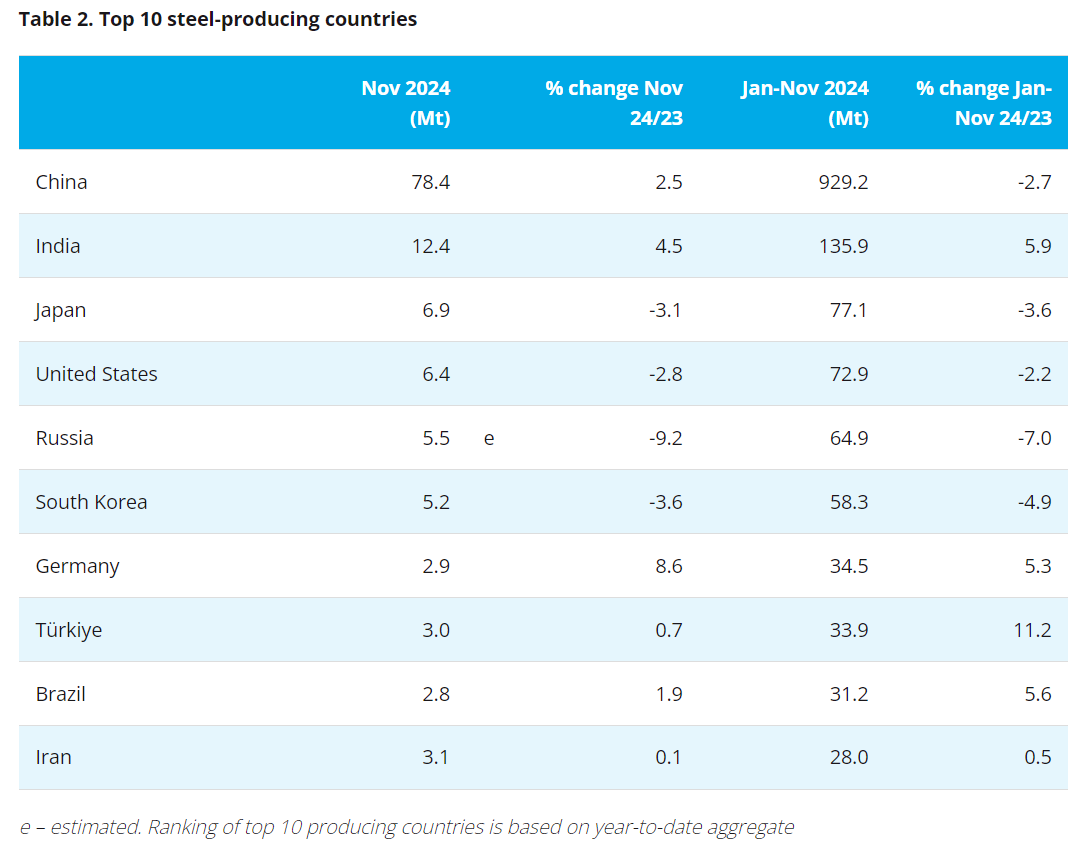Russia’s investment and industrial group Vi Holding may pour around US$1.5 billion into building mineral processing facilities in Indonesia, a Russian minister says.
The projects would comprise a $1 billion alumina refinery and a $500 million ferronickel smelter, Russian Industry and Trade Minister Denis Manturov said Tuesday.
The $1 billion alumina project was to be located in Kalimantan with a total output capacity of 2 million tons per year, Manturov added. It is expected that the refinery will finish development within four years, according to the minister.
“The alumina to be produced by the Indonesian refinery will be shipped to China to supply its own industry where it will then be processed into aluminum,” Manturov said after a meeting with Indonesia’s newly inaugurated President Joko “Jokowi” Widodo.
Vi Holding depends largely on raw materials from overseas to support operations at its new aluminum smelter in China, which cost $3 billion.
Apart from that, the firm also aimed to set up a $500 million ferronickel smelter in Indonesia and talks were under way for a joint venture with a local partner, Manturov said, without disclosing the name of the private company. The project would be completed within three years, he added.
The planned investment came up following Indonesia’s move to ban shipments of unprocessed mineral ore in a bid to spur growth in the country’s downstream mining industry and add value to its exports.
Vi Holding board chairman Valery N. Krasnov also previously said that the firm would invest in building bauxite and nickel processing facilities in Indonesia.
Indonesia, a major producer of several mineral commodities such as bauxite, nickel ore and copper, has attracted fresh investments as miners are required to build local refineries and smelters in order to be able to export, as stipulated in the 2009 Mining Law. This includes Russia’s United Company Rusal’s plan to invest more than ¤1 billion ($1.28 billion).
As shipments of nickel ore and bauxite from the country have been terminated, global prices of these commodities have soared, benefiting Russia’s major industry groups, such as Rusal and Norilsk Nickel.
Manturov said that Indonesia and Russia had also laid out potential cooperations to be developed in a wide range of areas, including energy, aviation, shipping, maritime infrastructure and railway development as well as military engineering.
“Politically, both countries have a good relationship based on friendship and a strategic partnership and this serves as a foundation to enhance economic ties, particularly in trade and investment,” he said.
Enormous opportunities were available for Indonesian exporters to increase sales of some food products — such as fishery outputs — to Russia, in addition to key commodities such as palm oil, Manturov explained.
Bilateral trade has surged rapidly in recent years, up by 45.1 percent on average to $3.52 billion last year from 2009, according to statistics from the Trade Ministry.
Russia is the 27th-largest foreign spender in Southeast Asia’s biggest economy, with the bulk of the investment going to hotel and restaurant businesses, according to data from the Foreign Ministry.
- [Editor:Juan]



 Save
Save Print
Print Daily News
Daily News Research
Research Magazine
Magazine Company Database
Company Database Customized Database
Customized Database Conferences
Conferences Advertisement
Advertisement Trade
Trade














 Online inquiry
Online inquiry Contact
Contact

Tell Us What You Think